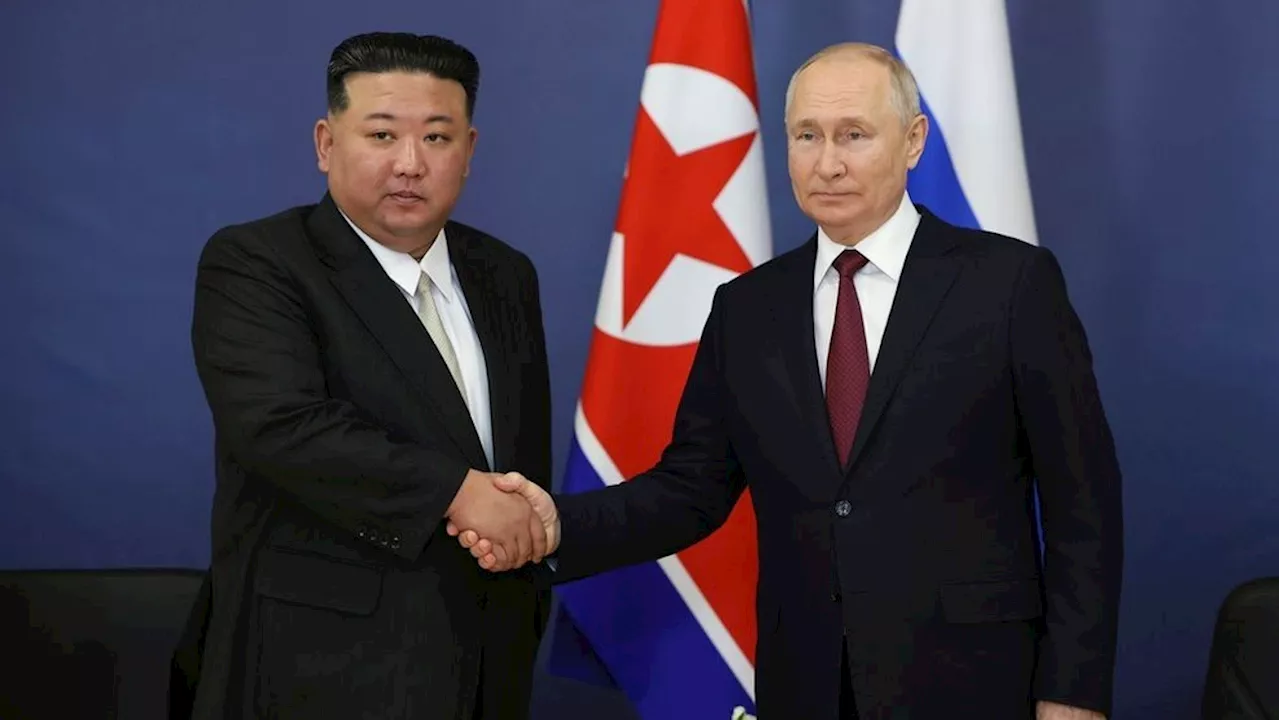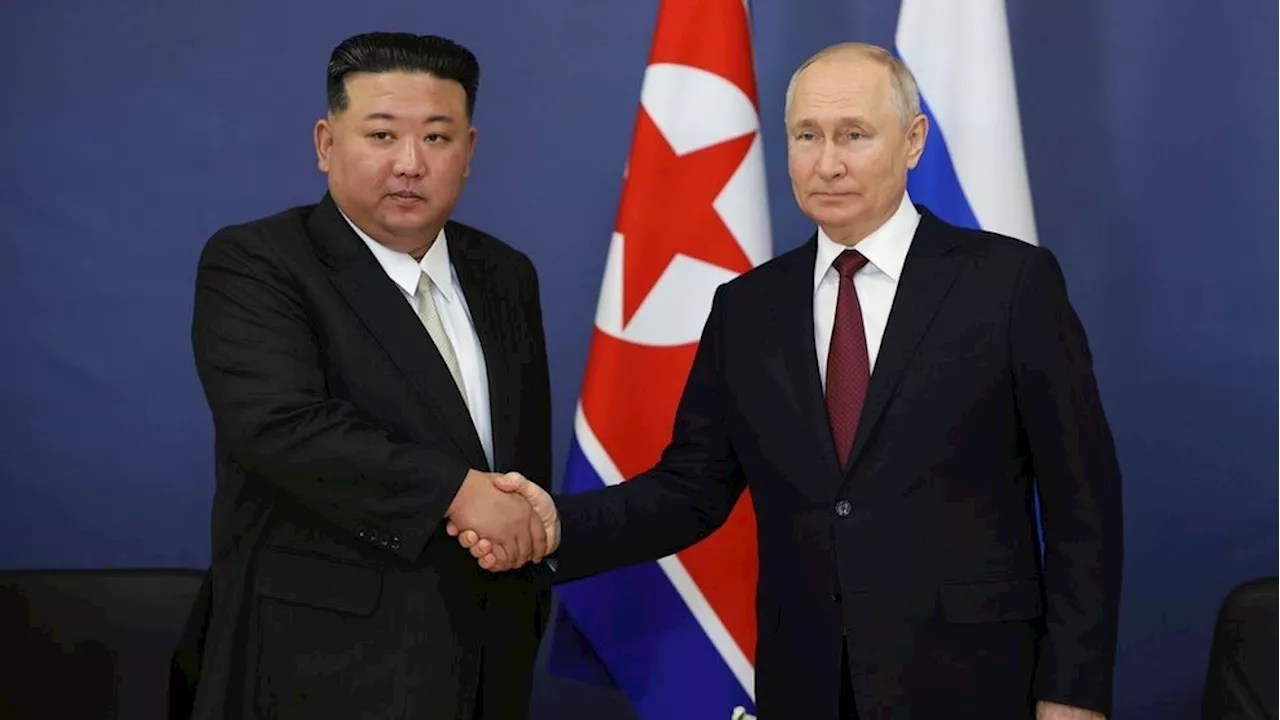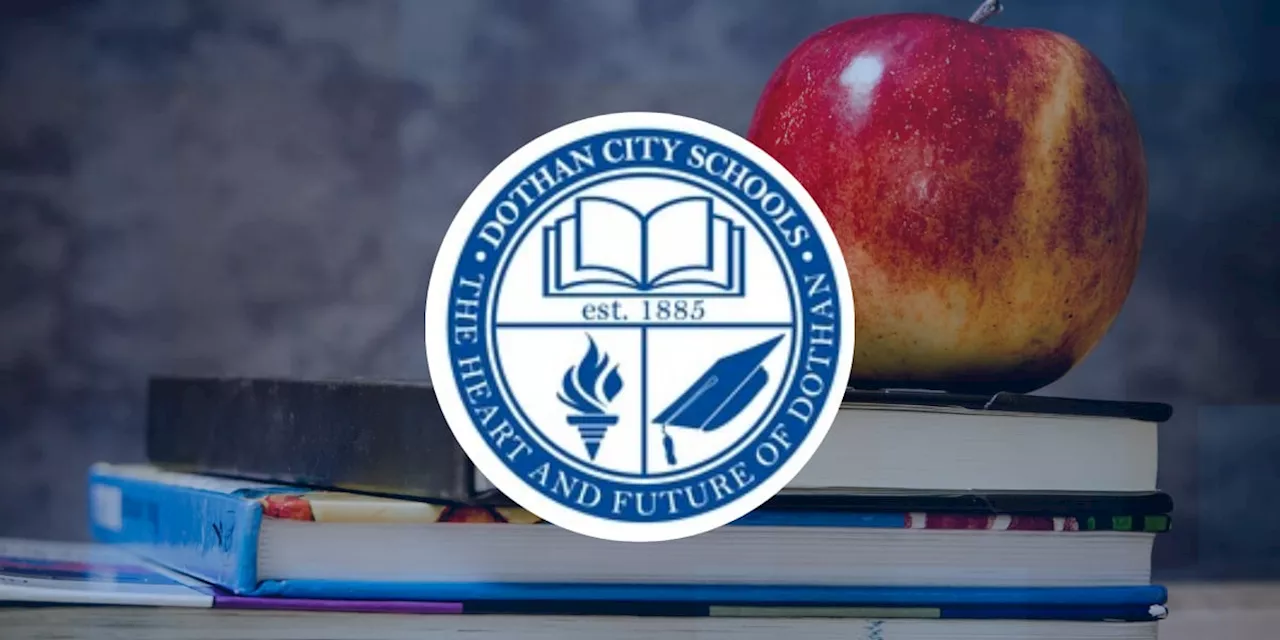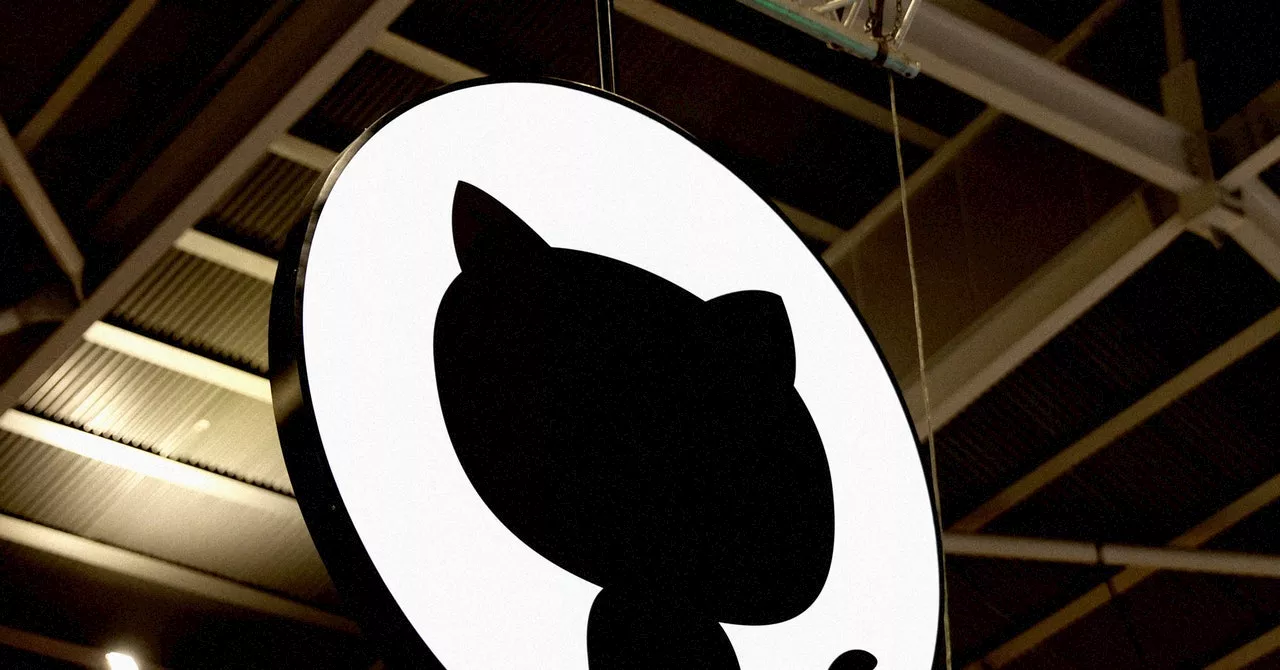This article explores the challenges faced by South Korean linguists in translating English loanwords, particularly focusing on the case of 'deepfake.' It delves into the process of selecting and standardizing translations for foreign words, highlighting the influence of cultural and social factors. The article also examines the broader trend of loanword adoption in languages worldwide and the ongoing debate surrounding its impact.
Kim Hyeong-bae, a South Korean linguist, faced a common challenge: translating the word 'deepfake' into Korean. As a senior researcher at the National Institute of Korean Language , a government agency responsible for standardizing the language, Kim's role involves sifting through the influx of foreign words that permeate daily speech and presenting them to the 'new language group' for translation. 'Deepfake,' with its growing prominence in news headlines, presented a particularly tricky case.
A literal translation would sound nonsensical, so Kim and 14 other language experts convened for a video conference last fall to tackle the challenge.The discussion centered around capturing the negative connotations of 'deepfake' accurately in Korean and whether qualifiers like 'counterfeit' or 'artificial intelligence' were necessary. Suggestions ranged from 'intelligent modification' to 'computer-generated video.' However, concerns arose that some options might misrepresent the word's true nature. After a 15-minute deliberation, five potential translations emerged.The institute subsequently conducted a public poll involving 2,500 respondents, who rated the suitability of each candidate. An external committee ultimately ratified the winning translation: 'artificial intelligence-manipulated video.' This term was then added to the institute's public glossary of reworked foreign words, making it officially recognized within the Korean language. This process reflects a broader global trend of grappling with the influx of loanwords, particularly from English. The French Academy and the Spanish Royal Academy have long been engaged in efforts to safeguard their respective languages from Anglicisms and Americanisms. The British have also attempted to resist the encroachment of American English. Yet, despite these efforts, loanwords continue to permeate languages worldwide.Kim acknowledges the uphill battle against loanword adoption, stating that 'we can't rework loanwords as soon as they appear — we have to observe for a bit until it’s clear that it’s being used widely, after which we can step in.' However, by the time they reach widespread use, loanwords have often already established themselves within the language. Kim further explains that Korea's long history of foreign influence, particularly from China and Japan, has contributed to the prevalence of loanwords. The adoption of hanja, the Chinese script, until the invention of the Korean alphabet in 1443, and Japan's colonization of Korea from 1910 to 1945, have both left their mark on the Korean lexicon. Today, English holds a prominent position in Korean society, often viewed as a symbol of cultural sophistication and Western education. Corporations, government officials, and journalists frequently adopt English loanwords to enhance their perceived authority. Kim notes that 'foreign languages that entered the country were always a tool and badge of the ruling class. I think loanwords can be understood in those terms — as a way to signal your social position, to set yourself apart.'The rapid influx of English loanwords into Korean has made it difficult to quantify their exact impact. However, it's clear that loanwords are a significant phenomenon that extends beyond linguistic circles. Recent additions to the institute's translation list include terms like 'skimpflation,' 'bundleflation,' 'finfluencer,' 'upskilling,' 'upselling,' 'cross-selling,' and 'value-up.' A 2022 survey by Hankook Research revealed that over three-quarters of South Koreans frequently encounter foreign words in public speech, a stark increase from 37% in 2022. A majority expressed a preference for clear and understandable Korean alternatives. Even native English speakers can find the transliteration of familiar words into the Korean alphabet, with its imperfect consonant mapping, confusing. Moreover, the often-absurd overuse of English loanwords in Korean has become a subject of satire in popular culture. Speech that needlessly incorporates English terms is pejoratively referred to as 'voguespeak' or 'Pangyo dialect,' the latter referencing a city known as South Korea's Silicon Valley, where tech workers might use phrases like 'The pi-pi-tee (PPT, slide presentation) was a little LUH-puh (rough), but the NEE-juh (needs, demands of consumers) were clear and I think it’s worth eeshoo-RYE-jing (to raise an issue) AY-sep (ASAP).
Loanwords Translation Korean Language English Influence Deepfake Cultural Impact Globalization
United States Latest News, United States Headlines
Similar News:You can also read news stories similar to this one that we have collected from other news sources.
 South Korean spy agency: N. Korean soldiers captured by Ukraine show no interest to defectAbout 34,000 North Koreans have defected to capitalist rival South Korea to avoid economic hardship and political suppression at home.
South Korean spy agency: N. Korean soldiers captured by Ukraine show no interest to defectAbout 34,000 North Koreans have defected to capitalist rival South Korea to avoid economic hardship and political suppression at home.
Read more »
 South Korean spy agency: N. Korean soldiers captured by Ukraine show no interest to defectAbout 34,000 North Koreans have defected to capitalist rival South Korea to avoid economic hardship and political suppression at home.
South Korean spy agency: N. Korean soldiers captured by Ukraine show no interest to defectAbout 34,000 North Koreans have defected to capitalist rival South Korea to avoid economic hardship and political suppression at home.
Read more »
 Students up nearly 8% in English proficiency, DCS saysThe data includes students who already speak English, as well as students who are learning English.
Students up nearly 8% in English proficiency, DCS saysThe data includes students who already speak English, as well as students who are learning English.
Read more »
 Hiya AI Phone App: Stopping Deepfake Scams in Real TimeHiya, a leading provider of spam and fraud protection, launches its AI-powered Hiya AI Phone app to combat the rising tide of deepfake scams. The app screens calls, detects synthetic voices, and protects users from malicious impersonation attacks.
Hiya AI Phone App: Stopping Deepfake Scams in Real TimeHiya, a leading provider of spam and fraud protection, launches its AI-powered Hiya AI Phone app to combat the rising tide of deepfake scams. The app screens calls, detects synthetic voices, and protects users from malicious impersonation attacks.
Read more »
 GitHub’s Deepfake Porn Crackdown Still Isn’t WorkingOver a dozen programs used by creators of nonconsensual explicit images have evaded detection on the developer platform, WIRED has found.
GitHub’s Deepfake Porn Crackdown Still Isn’t WorkingOver a dozen programs used by creators of nonconsensual explicit images have evaded detection on the developer platform, WIRED has found.
Read more »
 Alien: Romulus Director Addresses Controversial Deepfake ScenesFede Álvarez's Alien: Romulus sparked debate for its use of a deepfake recreation of deceased actor Ian Holm. The director acknowledges the criticism and made adjustments to the scenes featuring Rook, the android portrayed by Holm's likeness, for the Blu-ray release. However, the changes are primarily limited to obscuring the effects work rather than a complete overhaul.
Alien: Romulus Director Addresses Controversial Deepfake ScenesFede Álvarez's Alien: Romulus sparked debate for its use of a deepfake recreation of deceased actor Ian Holm. The director acknowledges the criticism and made adjustments to the scenes featuring Rook, the android portrayed by Holm's likeness, for the Blu-ray release. However, the changes are primarily limited to obscuring the effects work rather than a complete overhaul.
Read more »
